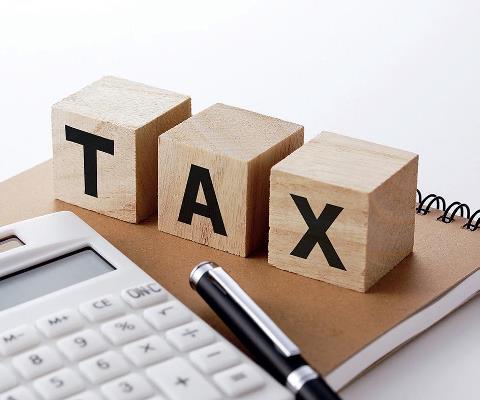The Spring Budget 2021 – Key Implications for Farmers
10 March 2021The chancellor’s budget had relatively few surprises in the end. There had been concerns that there could be significant changes to the Capital Gains Tax regime – one of the proposed future changes is to the way in which the base cost of an asset is calculated – but it has clearly been recognised that now isn’t the right time to shake up CGT.
Ultimately some farming businesses may see their tax bill increasing, however these are likely to be a very small minority, and for many farmers there may be scope to reduce the overall tax burden.
Change in Corporation Tax Rate
It will also not be a surprise that when the cost of covid is comparable only to previous world wars, the work to start paying for this needs to begin. One area which is changing, and which may affect a small number of farmers is Corporation Tax.
Corporation tax is paid on the profits of a company (e.g. a limited company), so doesn’t affect sole traders or partnerships. However for those who trade as a limited company, the changes to corporation tax could see a change in the amount of tax being paid.
Currently corporation tax is paid on business profits or any chargeable gains of companies, at 19%. There was a collective sharp intake of breath when the chancellor announced an increase to 25% from 1 April 2023! However whilst the headline is certainly attention-grabbing this should be seen as the top rate of a tapered system, and the effect won’t be nearly as significant for many farming or rural businesses. The increase won’t apply to businesses with profits under £50,000, and for the remainder there will be a taper which means that only those with profits in excess of £250,000 will pay the full 25%.
Temporary extension of carry back of trading losses for Corporation Tax
At the same time as increasing the rate of tax paid by those business with significant profits, there were also measures which retrospectively reduce the tax paid by businesses who are experiencing less positive times.
Previously businesses could only offset losses to the previous 12 months profit and this changes to being able to offset back 3 years. For example a business which customarily makes a profit of around £50,000 then has a year with a loss of £70,000. Previously only £50,000 of this loss could be carried back (getting a tax rebate), but in future all £70,000 of this loss can be carried back, retrospectively reducing the tax bill by a further £20,000 with associated rebate.
Super deduction for companies investing in new plant and machinery
This is a tax incentive for companies who invest in new plant and machinery (i.e. brand new, not simply new to the business – so excludes second hand equipment), with their corporation tax bill being reduced by 130% of the cost of the new asset.
Temporary increase in Annual Investment Allowance
Ordinarily when a farming business purchases plant and machinery this is treated as a capital expense, and the cost of this equipment is not deducted in arriving at taxable profit. However for many years now the tax regime has encouraged businesses to reinvest their profits, with the Annual Investment Allowance permitting 100% of the cost of the item to be deducted for tax purposes (even second hand purchases).
The amount of AIA has fluctuated over the years but the chancellor’s announcement sees an increase from £200,000 to £1,000,000 from 1 Jan 2021 to 31 Dec 2021.
How the chancellor’s announcement will impact your business will be very personal to you, so make contact with your accountant to find out how you will be impacted, and to get advice on how to make the most out of any opportunities.
Sign up to the FAS newsletter
Receive updates on news, events and publications from Scotland’s Farm Advisory Service

